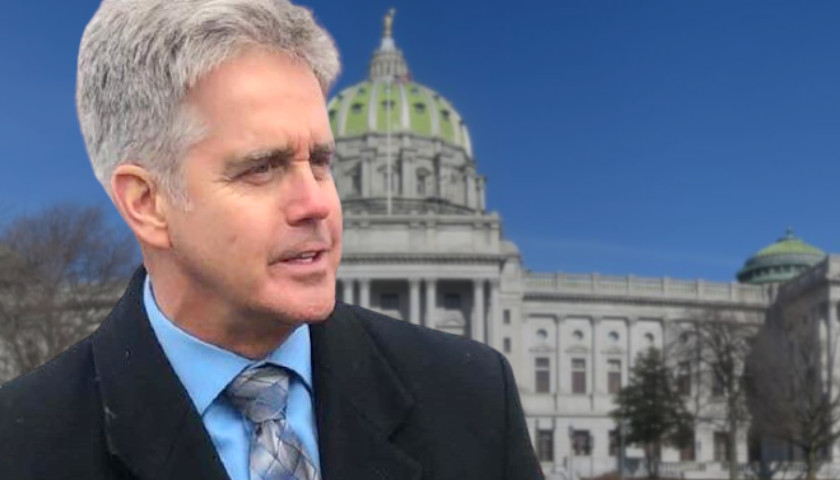Amidst Pennsylvania Republicans’ efforts to make elections more secure, a Democrat in the state House of Representatives has proposed his own very different voting reforms.
The legislation, sponsored by Rep. Scott Conklin (D-State College), would explicitly authorize “curing” of mail-in and absentee ballots on which there are errors or omissions. County election-board staffers who observe that a mail-in ballot’s declaration either lacks the voter’s signature or the date or exhibits some other error would be instructed to notify the voter and allow him or her to make a correction before polls close on 8 p.m. on Election Day.
The practice of curing ballots, something not yet provided for in Pennsylvania law, gave rise to controversy in the 2020 election. Last November, Republican congressional candidate Kathy Barnette, who ran against U.S. Rep. Madeleine Dean (D-4), filed a lawsuit aiming to get cured ballots thrown out.
At a hearing in that case, Montgomery County Chief Operating Officer Lee Soltysiak testified that he had earlier told members of the press that election-board workers cured 49 ballots. Soltysiak revised that number to 93 during his testimony. The county, run by Democrats, claimed that the ballot-curing policy had been in place long before the 2020 election. They also insisted they were following guidance issued by Pennsylvania Secretary of State Kathy Boockvar (D) in anticipation of the election.
In his oral arguments during that trial, Barnette’s attorney Thomas Breth invoked the 2000 Bush v. Gore case in which the U.S. Supreme Court determined that the Constitution’s guarantee of “equal protection of the laws” disallows uneven standards for counting votes. That decision resolved the 2000 election, particularly concerning Florida’s 25 electoral votes, in George W. Bush’s favor against Al Gore.
Barnette’s lawyers said vote counting in her race lacked the needed uniformity of standards because the district in which she was running contained parts of Berks County as well as Montgomery County. No ballot curing had reportedly taken place in Berks County.
Barnette would withdraw her lawsuit within days of filing it; her overwhelming loss to Dean could not have been overcome by challenging such a limited number of votes. But then President Donald Trump, proceeding with litigation challenging the presidential-election results in Pennsylvania, also partly relied on the argument that equal protection was not followed as some Keystone State counties cured ballots and others did not.
According to reporting by Mollie Hemingway in Rigged: How the Media, Big Tech, and the Democrats Seized Our Elections, Trump largely abandoned equal-protection arguments about ballot curing and other uneven standards across Pennsylvania’s counties after attorney Rudy Giuliani took over the president’s lawsuit. In Hemingway’s analysis, Trump may have had much better luck in the courts if his lawyers had continued to base their case on equal protection.
In addition to allowing curing, Conklin’s legislation contains provisions funding technology updates and allowing Pennsylvania’s smaller counties to share election resources. The bill would also ensure that voters indicating they would like to be on a permanent list whereby they would receive a mail-in ballot for every election would be placed on such a list. And, beginning in 2025, it would furthermore establish early in-person voting starting six days prior to Election Day.
“While this is only one of the Democratic election code proposals being offered by our caucus this term, I feel that this legislation will accomplish the primary requests made by our counties,” Conklin said in a statement on the bill.
– – –
Bradley Vasoli is a reporter at The Tennessee Star and The Star News Network. Follow Brad on Twitter at @BVasoli. Email tips to [email protected].
Photo “Scott Conklin” by Scott Conklin. Background Photo “Pennslyvania Capitol” by Ruhrfisch. CC BY-SA 1.0.








